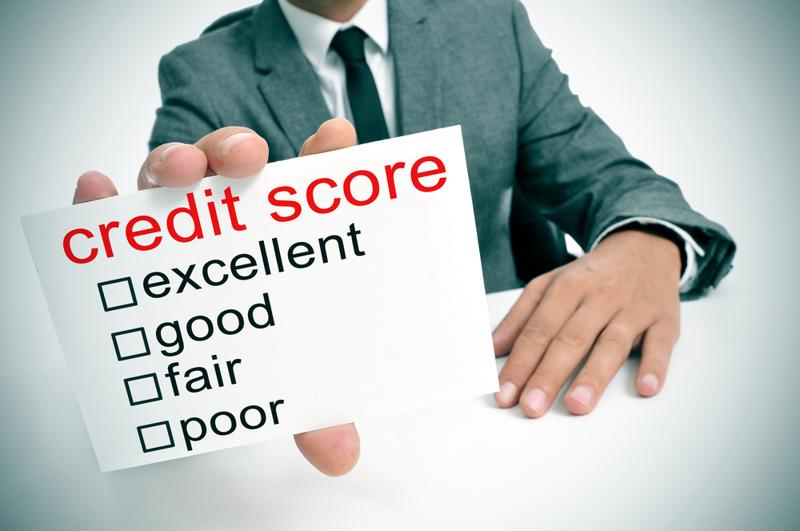Getting started on rebuilding your credit
The prospect of rebuilding your credit can initially seem daunting: You get your annual free copy of your credit report, and then you see all the numbers from FICO and the Big Three credit bureaus on separate documents like denied credit-card applications. You might be flummoxed by their exact meaning, but know enough to understand this is not good.
But here's the thing: It's by no means impossible to rebuild credit.
"Thrifty strategies and tools like alternative credit can help rebuild credit even when the process seems almost impossible.
You just need the right beginning. Start from scratch with all the basic data you have on your finances, and look at what strengths and weaknesses exist. It'll be an emotional process at times, and you may feel like giving up. But with the right strategies and some help from innovative tools like alternative credit data, it's more possible to start over in modern America than it's ever been.
Look closely at your credit report again
Go back to that initial report. (For now, don't get hung up on the scores.) Instead, examine all accounts in your name and check for any errors. According to the Federal Trade Commission, about 25 percent of all credit reports have falsehoods that (inaccurately) damage your score. Nearly 5 percent of such reports contain mistakes that car dealerships or property brokers see, driving them to charge more than average for certain financing.
Because of issues like this, NerdWallet recommended searching for errors too old to remain on the report (beyond the seven-year threshold) and other inaccuracies. Then, file formal disputes with any or all of the credit bureaus, all of which are obligated to respond within 30 days. Acknowledged mistakes will be stricken from the report, and your score will benefit.

Pay bills on time
This is arguably the most important step of all. Some creditors won't care if a payment is a day or two late, especially if you make it just before close of business Friday and it takes the weekend to clear. But many aren't so generous. Almost all credit cards assess late fees for payments after the date stipulated on your statement, and student lenders, banks, wireless companies and other utilities can all do the same at their discretion.
Moreover, late payments can knock points off your credit score or appear as detrimental marks on your credit report. So be sure to make on-time payments for all bills, even if you need to negotiate a payment plan to do so. Bankrate explained that this establishes a record of responsibility, which creditors will look at positively in the future.
Get a credit card - and watch the limit
If you don't have any credit cards (not uncommon, particularly along underbanked and unbanked individuals who use their checking accounts or try to stick with cash), apply for one. It can help cover incidentals when money's tight, and even if you only pay the minimum early on, doing so still establishes a record of debt and repayment, which creditors view favorably.
Consider a secured credit card at first. It requires a deposit (ranging from $50 to $500 and up), but U.S. News & World Report notes that once you start spending with it and making on-time payments, you build good credit just like you would with an unsecured card. This can lead to future qualification for an unsecured card.
Be patient
Even if you immediately start practicing all the good habits above and then some, credit repair isn't instantaneous. It'll take months to get certain poor marks off your card, and as long as a year to develop truly good credit. But the reward of financial security will be worth it. In the meantime, contact PRBC to see how our alternative credit platform can help you get back on your feet.